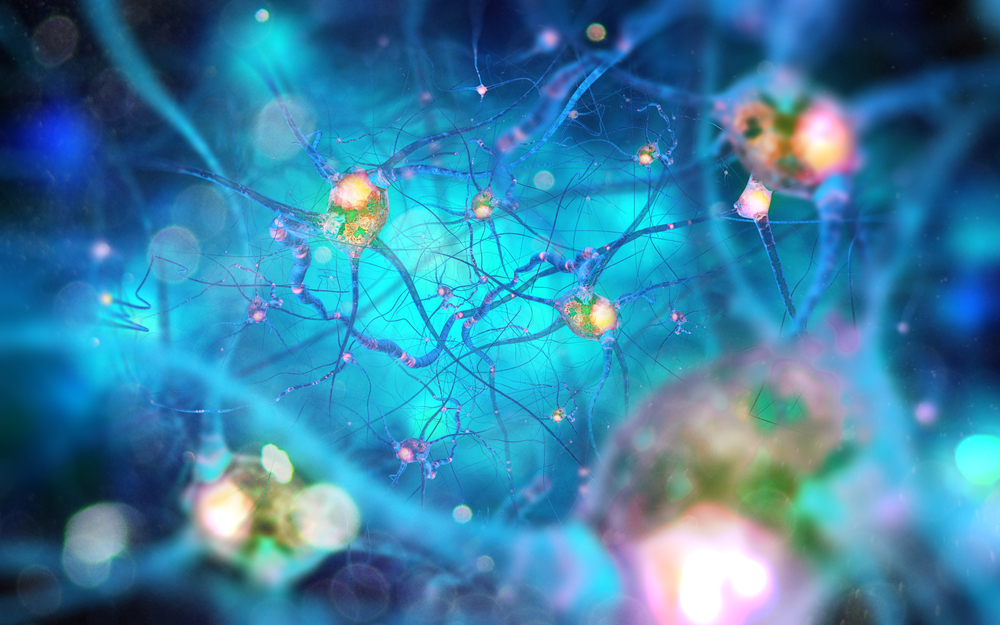Noxopharm and Nyrada Discover Potent Inhibitor of Key Protein Involved in ALS, Other Conditions
Written by |

The pharmaceutical development company Noxopharm and its majority-owned subsidiary, U.S. biotechnology firm Nyrada, have discovered a potent inhibitor of the protein IRAK4, a “master switch” critical to the development of inflammatory autoimmune diseases, such as amytrophic lateral sclerosis (ALS).
IRAK4 has emerged as a key switch in the cells that form the innate immune system, which comprises the body’s nonspecific defense mechanisms Aberrant IRAK4 signaling in immune cells is thought to play an essential role in the development of many chronic inflammatory and autoimmune diseases.
Researchers have set out to develop IRAK4 inhibitors. These are being heralded as the next generation of anti-inflammatory medications for the treatment diseases including inflammatory bowel disease, rheumatoid arthritis, psoriasis, and lupus. Noxopharm, however, is developing its inhibitor of IRAK4 to treat diseases of the central nervous system and the peripheral nerves.
This is based on the fact that the newly discovered compound has the ability to cross the blood brain barrier, which prevents most drugs from entering the brain.
“A lot of attention currently is being given to developing IRAK4 inhibitors for diseases such as rheumatoid arthritis and gouty arthritis and lupus, but we see our discovery as a breakthrough in providing the tools needed to address inflammatory and autoimmune diseases of the nervous system,” James Bonnar, Nyrada’s vice president for research & development, said in a press release.
Noxopharm hopes to further pursue development of this compound for diseases including Alzheimer’s, Parkinson’s, multiple sclerosis (MS), ALS, and peripheral neuropathies, especially diabetic peripheral neuropathy.
While inflammation of the central nervous system has long been associated with Alzheimer’s, Parkinson’s, and multiple sclerosis, new evidence shows that neuroinflammation is also prevalent in psychiatric conditions such as depression, bipolar disorder, and schizophrenia. Therefore, use of this new compound could also be extended to psychiatric conditions.
“I see this as a major development,” said Graham Kelly, CEO of Noxopharm. “It represents a realistic prospect for finally being able to provide treatment for a number of insidious diseases affecting the nervous system which have defied successful management to date.”
The announcement comes on the heels of a recent U.S. provisional patent application and a patent cooperative treaty (PCT) patent application for the compound.
“Having a drug that blocks IRAK4 and all its downstream pro-inflammatory cytokine effects, combined with its ability to reach the brain in sufficient levels, is an exciting breakthrough that has resulted from a lot of hard work by a team of Australian chemists and scientists,” Kelly said.
The company is beginning pre-clinical programs to identify the most appropriate therapeutic indications of the medication, with human studies likely occurring in 2020.





